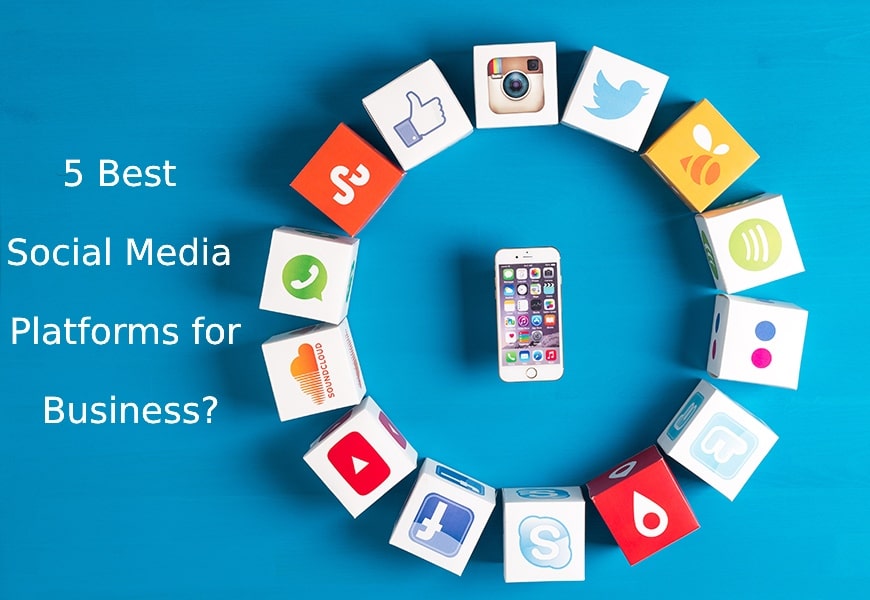The advent of non-fungible tokens (NFTs) has brought about a revolutionary shift in the music industry, particularly in terms of ownership and royalties. NFTs have opened up new avenues for musicians and creators to monetize their work, establish direct connections with fans, and reshape the traditional music business model. In this article, we will explore how the NFT launch is revolutionizing ownership and royalties in the music industry.
Empowering Artists
NFTs provide artists with a unique opportunity to regain control over their creative output. By tokenizing their music and selling it as NFTs, artists can bypass intermediaries, such as record labels, and establish direct relationships with their audience. This empowers artists to retain ownership of their work, set their pricing, and receive a more significant share of the revenue generated from NFT sales.
Royalty Transparency
NFTs enable artists to embed smart contracts within their tokens, ensuring that they receive royalties automatically whenever their music is sold or resold. Through the use of blockchain technology, the entire transaction history of an NFT can be tracked, allowing artists to receive fair compensation for their work, even in the secondary market. This transparency and automation provide artists with a more reliable and transparent revenue stream.
Fan Engagement and Exclusivity
NFT launches offer fans a unique opportunity to engage with their favorite artists on a deeper level. By purchasing an artist’s NFT, fans gain exclusive access to special content, such as unreleased tracks, behind-the-scenes footage, or virtual meet-and-greets. This creates a sense of exclusivity and strengthens the bond between artists and their most dedicated supporters.
Tokenized Royalty Splits
NFTs also enable artists to collaborate with other musicians and stakeholders by tokenizing royalty splits. This means that when a song is sold as an NFT, the revenue can be automatically distributed among all the contributors according to pre-established agreements. Tokenized royalty splits eliminate the need for complicated legal contracts. And streamline the payment process, ensuring that all collaborators receive their fair share of the earnings.
Opening New Revenue Streams
NFT launches provide artists with additional revenue streams beyond traditional music sales and streaming platforms. By creating limited-edition NFTs or releasing exclusive collections, artists can tap into a new market of collectors. And enthusiasts who are willing to invest in unique digital assets. This diversification of revenue sources can contribute to the financial stability of artists. Especially in an industry that has been heavily impacted by streaming revenue models.
Accessible Investment Opportunities
NFT launches in the music industry also present new investment opportunities for music fans and collectors. Purchasing an artist’s NFT not only provides access to exclusive content but also the potential for future appreciation in value. As the demand for certain NFTs increases, their market value can rise, creating a new form of investment for those passionate about both music and blockchain technology.
Copyright Protection
NFTs can serve as a means of copyright protection for musicians. By tokenizing their work, artists can establish proof of ownership and timestamp their creations on the blockchain, providing a tamper-proof record of authenticity. This can be particularly valuable in cases of copyright disputes. Ensuring that artists have the necessary evidence to protect their intellectual property rights.
NFT Marketplaces and Platforms
Various NFT marketplaces and platforms have emerged specifically catering to the music industry. These platforms provide artists with the necessary infrastructure to mint NFT, do NFT promotion and sell their music as NFTs, connect with fans, and manage royalties. Some notable platforms in this space include Audius, Foundation, and NFT Music.
Additionally, these platforms offer features like customizable storefronts, social interaction capabilities. And analytics tools empowering artists to curate their online presence and engage with their fanbase. They also facilitate direct communication between artists and collectors, fostering a sense of community within the NFT music ecosystem.
As the popularity of NFTs continues to grow, more innovative platforms are expected to emerge. Further enhancing the accessibility and functionality of NFT launches in the music industry.
Educational Opportunities
NFT launches in the music industry offer educational opportunities for both artists and fans. As this technology continues to evolve. Understanding how NFTs work and their potential impact on the music industry becomes increasingly important. Artists can learn about tokenization, smart contracts, and blockchain technology, gaining insights into new ways to monetize their work. Similarly, fans can educate themselves about the value and implications of owning music NFTs, broadening their understanding of the digital art and music market.
Wrap Up
In conclusion, NFT launches in the music industry are revolutionizing ownership. And royalties by empowering artists, introducing royalty transparency, enhancing fan engagement, enabling tokenized royalty splits, opening new revenue streams, providing investment opportunities, offering copyright protection, and establishing dedicated NFT marketplaces. As the music industry continues to adapt to digital transformation. NFTs are poised to reshape the way music is created, shared, and monetized, benefiting both artists and fans alike.





